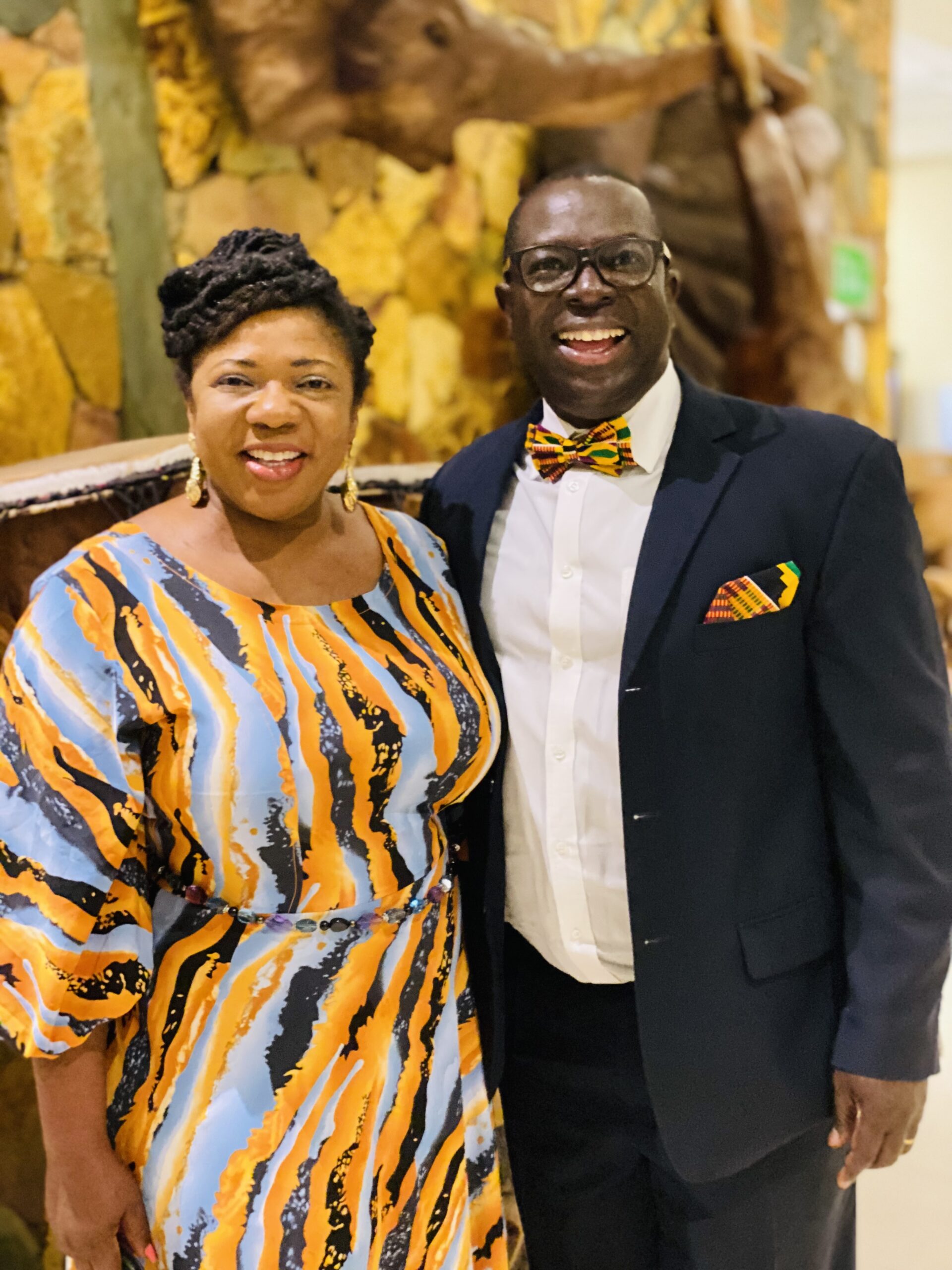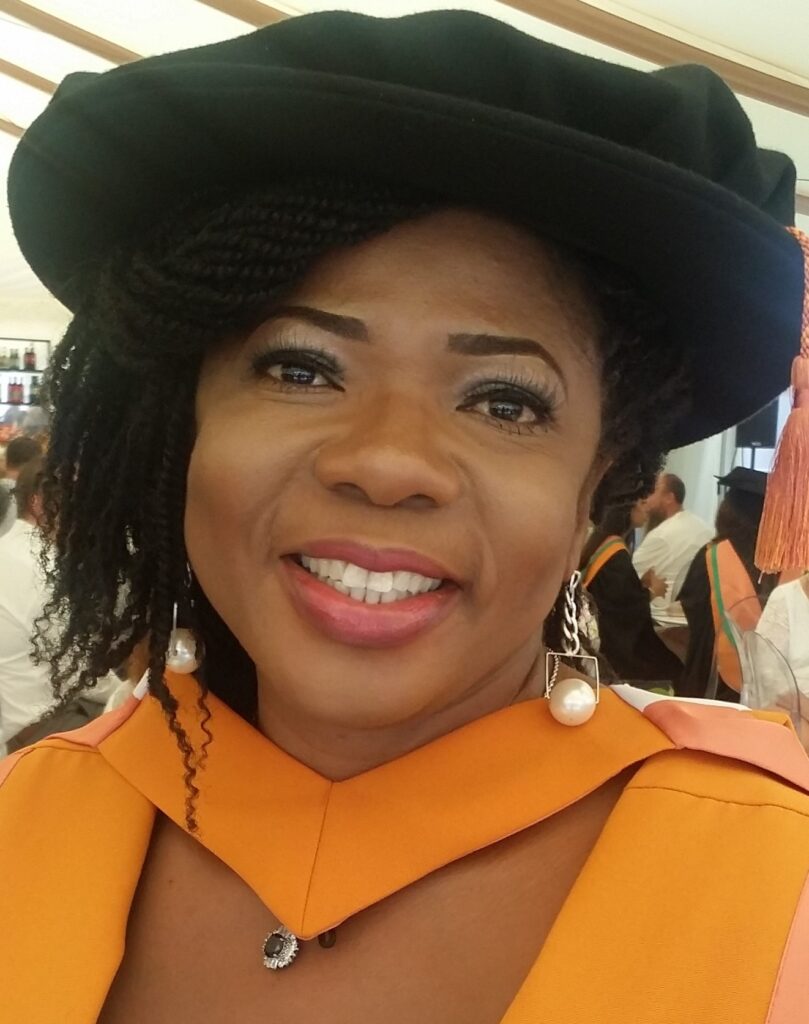
Meet The Nursing Doctor That Beat “Medico or Suicide!” Fair and Square
In those mid ’90s, one had to do a year (Level 200—if from the old O’ and A’ level system) or two years (Levels 100 and 200—from the new Junior and Senior Secondary School system) to see who qualifies, per superior GPA, to be called for the University of Ghana Medical School interview.
If my memory serves me right, of the nearly 900 of us, only a third made the interview list; and of that, only another third were admitted to medical (and dental) school. Folks were so bent on making the final 100 who will don the coveted white coat and carry boxes of bones on and off the med school bus that the mantra was “medico or suicide!” It was a serious threat in those heady undergraduate days.
I personally don’t recall anyone who didn’t make the cut actually physically killing themselves but many died emotionally, mentally and even socially. That nonsense killed many brilliant minds. I know of some that had to take a year off to heal; some even left the country for a bit. I still meet people who seem to be a pale shadow of themselves prior to this deathly mantra.
CAREER = PROFESSION + FIELD
I hope that career and counselling services have improved for the current generation but I can tell you for a fact that most of us were too young, back in the 1990s, to even definitely know what we wanted, career-wise. O of course many of us thought we knew, just like we thought we knew who we wanted to marry. Probably 0.0001% of us ended up marrying who we ‘so sure’ about.
In fact, many of us mixed up the passion for the general field (healthcare) with a passion for a particular profession (medical doctor). I was fortunate to learn the CAREER = PROFESSION + FIELD formula from the What Colour is Your Parachute? publication and many in that biological sciences pool could’ve found use for it too. Take my friend Retha (true story but not her real name), for example. She was a couple of years behind me. She didn’t make the dreaded med school list. And you wouldn’t believe the kind of hell her parents subjected her to, as a result. Thankfully she weathered the storm and did great at her plan B: Psychology. She loved it and excelled at Clinical Psychology in particular so much that she continued with graduate studies and eventually landed a PhD in it, in the United States of America.
Think about it: she still ended up in the field of healthcare which she was passionate about but realised she didn’t need to have the profession of a medical doctor to pursue that passion. The competent psychologist she became satisfied the same passion and fulfilled her calling. In any case, she’s still called “Dr.” today in her practice and who the heck cares if she earned the “Dr.” title from med school or from grad school, especially if she’s doing one heck of a good job in the clinic.
THE NURSING DOCTOR
These thoughts above were provoked by attending a recent Doctors in Business banquet at the Holiday in Accra, Ghana. As a guest keynote speaker, I had the privilege of sharing the high table with a course mate from Level 100 at the University of Ghana, Legon. We were both introduced as “Doctor” but I could swear she wasn’t in med school with me. By the end of the night it turned out that both the MC and myself were right. She was not med school with our batch, and she isn’t a medical doctor (I was right); but she is a doctor alright, a doctor in nursing (the MC was right).
“So I did biological sciences with you guys at Level 100 because I came to Legon as a science student,” Dr. Lillian Akorfa Ohene (PhD, MPhil, PN, BSc) intimated to me, but fortunately she wasn’t of the “medico or suicide!” tribe. “I branched off to nursing after level 100 because nursing was my first choice.” I’ve been so impressed that she knew exactly what she wanted even back then (forget the prestige of med school) and went straight for it. It reminds me of a brilliant 4.0 (perfect GPA) friend of mine who could’ve easily made it to med school but also chose to do Nutrition and Food Science, in the steps of her food scientist dad. She’s doing well in the industry, a leader of leaders.
Beyond knowing what she wanted and decisively moving towards it despite the definite distraction of medicine, Lillian’s story is also serendipitous as “the road rose to meet her.” She continues the conversation thus: “…but it happened that at that time, the nursing program started at level 200.”
IMPRESSIVE CURRICULUM VITAE
Today, Dr Lillian Akorfa Ohene is a Senior Lecturer and the Head of Department for Public Health Nursing at the University of Ghana’s School of Nursing and Midwifery. She is a certified paediatric nurse, who holds a PhD in Nursing from De Montfort University, Leicester, UK, a Master of Philosophy and Bachelor of Science in Nursing, both from the University of Ghana.
Lillian has over twenty (20) years of practice and teaching experience in higher academic institutions. Her research interest focuses on holistic care of sick children and the well-being of women and their families. As a qualitative researcher, she has explored extensively, the concept of family-centred care among sick children in the Ghanaian context. Some of her findings have been published widely in both local and international peer-reviewed journals. She also serves as a reviewer for several international journals.
On the international stage, Dr Ohene is a member, and a faculty counsellor of Chi Omicron Chapter of the Honor Society of Nursing, Sigma Theta Tau International (STTI) at Indianapolis, USA, a member of West Africa Postgraduate College of Nurses and Midwives (WAPCNM) and a foundation fellow of Ghana College of Nurses and Midwives (GCNM).
Dr. Ohene is also a Queen Elizabeth Scholar (QES) and serves as a mentor to her students, nurses and midwives locally and internationally. She has supervised over a hundred research projects, from undergraduate to PhDs. She is passionate about students’ academic success. The reason for our crossing paths last weekend is that she currently serves as a patron for three different student associations at the University of Ghana, of which Doctors in Business (DIB) is one. She serves on the board as well. Lillian is a family woman, married with three young adult children.
LILLIAN LESSONS LEARNT
Don’t die when life doesn’t go your way (death isn’t only physical); live to make so much of the further opportunity that rises to meet you that it’s a dis to that previous appointment (‘disappointment’). Through self-awareness, from introspection as well as feedback (take coaching and counselling seriously), know who you are and what you want and go for it. That’s where your future lies; don’t get distracted by the bling (even if its a shiny jewel like medicine). Yes, pursue your passion but be careful not to confuse the field and the profession. And remember that when you make a move, even when you don’t know what the next move after that step is, serendipity happens. Just make the move; it’s actually not moving at all that just might be suicidal.


